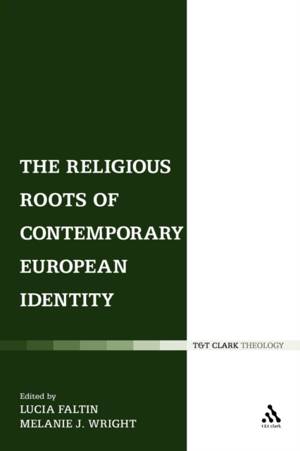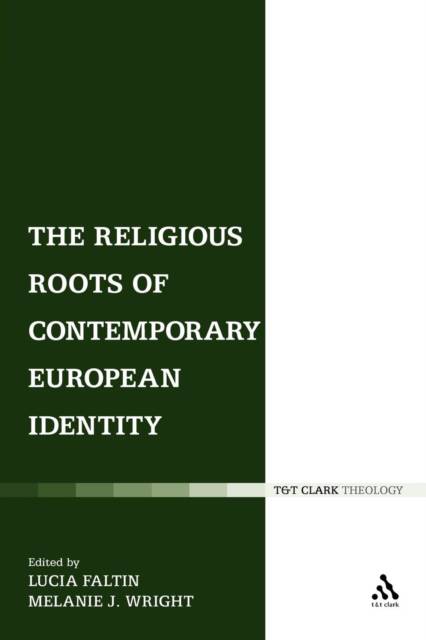
- Afhalen na 1 uur in een winkel met voorraad
- Gratis thuislevering in België vanaf € 30
- Ruim aanbod met 7 miljoen producten
- Afhalen na 1 uur in een winkel met voorraad
- Gratis thuislevering in België vanaf € 30
- Ruim aanbod met 7 miljoen producten
Zoeken
€ 99,95
+ 199 punten
Omschrijving
The volume will provide a coherent critical examination of current issues related to the religious roots of contemporary, i.e. post-1990 European identity, by analyzing the components of contemporary European identity, the presence of religion in the development of national identities, manifestation of religious roots in secular society, and the role of religion in further European integration and social inclusion. The publication will involve a multi and interdisciplinary approach to the theme, by bringing together scholars in history, religious studies, sociology, cultural studies, European studies, and international relations. The rigorously edited volume will provide a coherent analysis of the religious roots of Europe's identity today, with particular attention to the secular context of religious communities. Europe is often perceived as secular by most of its citizens, regardless of their creed. Bearing this in mind, the authors will build upon their expertise in different fields of arts and humanities to identify some of the key elements of European religious heritage and its manifestation in Europe's identity, be it secular or otherwise perceived. The authors will also indicate the role that these elements play in further European integration. With the focused approach, the publication will identify a number of similarities across faiths and, more holistically, vis--vis Europe. This will serve the readers to perceive their own identity in a wider context of shared values, reaching beyond a particular faith or non-religious framework.
Specificaties
Betrokkenen
- Auteur(s):
- Uitgeverij:
Inhoud
- Aantal bladzijden:
- 248
- Taal:
- Engels
Eigenschappen
- Productcode (EAN):
- 9781441195715
- Verschijningsdatum:
- 28/04/2011
- Uitvoering:
- Paperback
- Formaat:
- Trade paperback (VS)
- Afmetingen:
- 156 mm x 234 mm
- Gewicht:
- 353 g

Alleen bij Standaard Boekhandel
+ 199 punten op je klantenkaart van Standaard Boekhandel
Beoordelingen
We publiceren alleen reviews die voldoen aan de voorwaarden voor reviews. Bekijk onze voorwaarden voor reviews.








